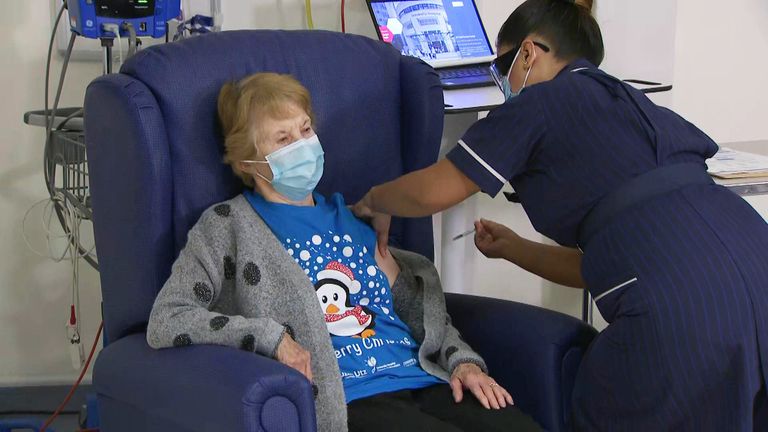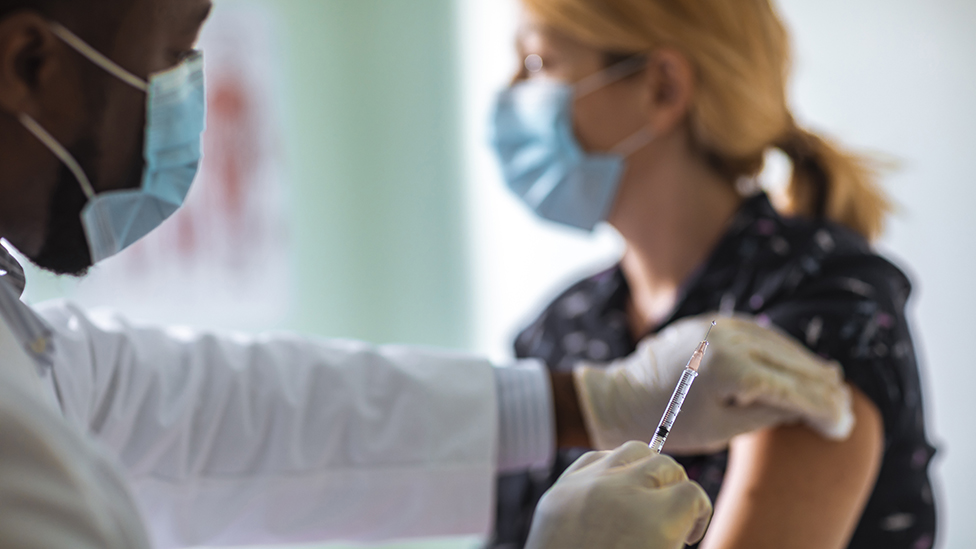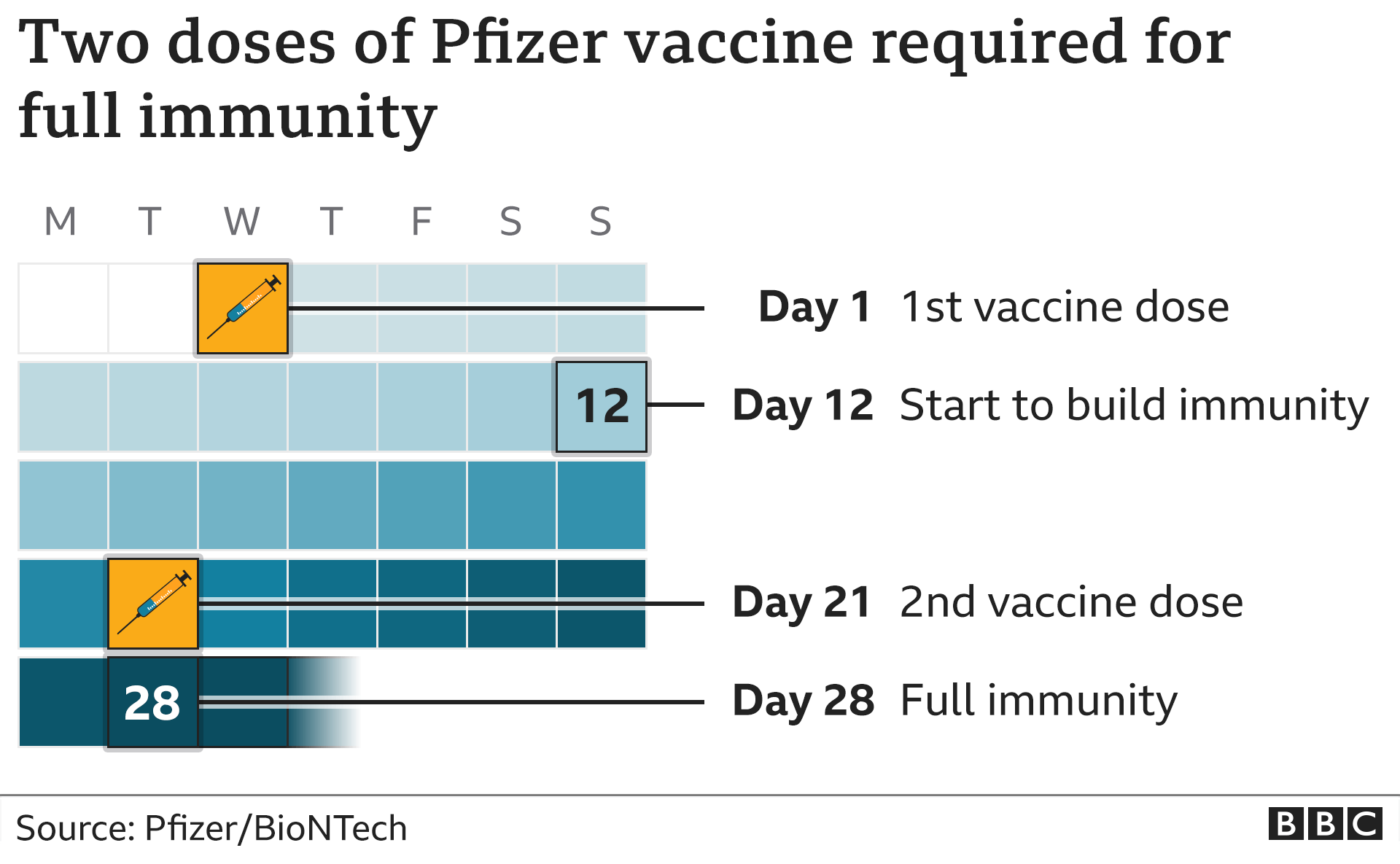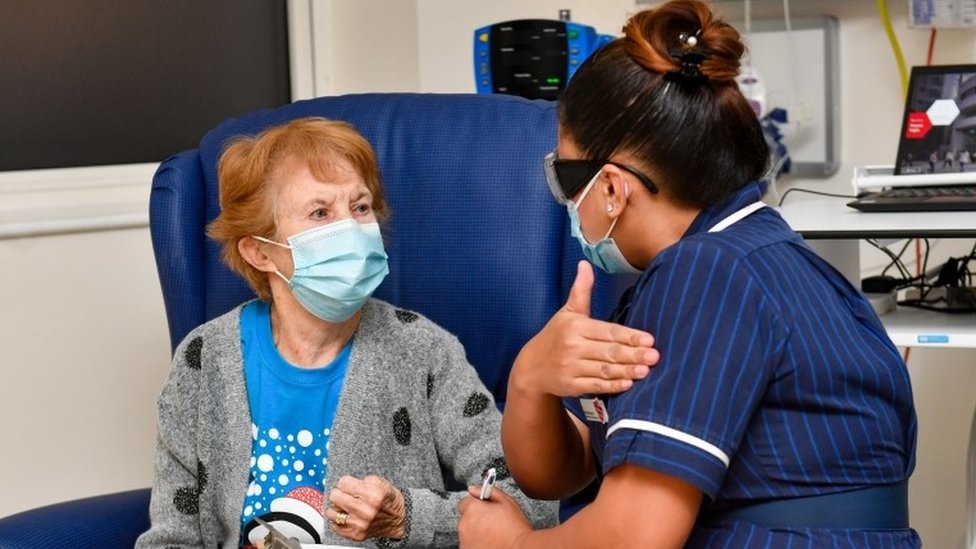Boris Johnson has said the EU is insisting on terms "no prime minister could accept" in UK-EU trade talks.
The PM told MPs "a good deal is still there to be done", ahead of post-Brexit deal negotiations with the European Commission president.
But he said the EU was seeking an "automatic right" to retaliate against the UK if its labour and environmental standards diverged from theirs.
He is heading to Brussels for talks with EU chief Ursula von der Leyen.
The prime minister also suggested the EU could not accept the UK having sovereign control over its fishing waters after Brexit, as he answered questions at Prime Minister's Questions.
Time is running out to reach a deal before 31 December, when the UK stops following EU trading rules.
Major disagreements remain on fishing rights, business competition rules and how a deal will be policed.
At the dinner, expected to begin at 19:00 GMT, the prime minister will work through a list of the major sticking points with Mrs von der Leyen, who is representing the leaders of the 27 EU nations.
A UK government source said progress at a political level may allow the UK's negotiator Lord Frost and his EU counterpart Michel Barnier - who will both also attend the dinner - to resume their work over the coming days.
But the source added that it was important to be "realistic" that an agreement might not be possible.
Meanwhile, Cabinet Office Minister Michael Gove outlined details on post-Brexit border checks and trading rules for Northern Ireland, after agreement was reached with the EU.

Brexit - The basics
- Brexit happened but rules didn't change at once: The UK left the European Union on 31 January 2020, but leaders needed time to negotiate a deal for life afterwards - they got 11 months.
- Talks are happening: The UK and the EU have until 31 December 2020 to agree a trade deal as well as other things, such as fishing rights.
- If there is no deal: Border checks and taxes will be introduced for goods travelling between the UK and the EU. But deal or no deal, we will still see changes.

'Deal still there'
Speaking at Prime Minister's Questions, Mr Johnson warned that a deal would not be possible if the EU continued to insist that if it was to pass a new law in the future - and the UK did not follow suit - it wanted the "automatic right punish us and retaliate" with tariffs on goods.
He also claimed that the EU wanted the UK to become the "only country in the world" not to have "sovereign control" over its fishing waters.
"I don't believe that those are terms that any prime minister of this country should accept," he said.
German Chancellor Angela Merkel has said a Brexit deal was still possible but insisted that the integrity of the EU single market must be respected.
The UK and EU are at loggerheads over the so-called "level playing field" - a set of shared rules and standards to ensure businesses in one country do not have an unfair advantage over their competitors in others.
Brussels wants the UK to follow EU rules closely in areas such as workers' rights and environmental regulations, but the UK says the goal of Brexit is to break free from following common rules and reassert national sovereignty.
BBC political editor Laura Kuenssberg says that the purpose of the dinner is not to call a halt or to proclaim that a deal's been done.
"The reason for the meeting is to see if both sides are willing in principle to tolerate the notion of budging, after the negotiations, and frankly negotiators, have been exhausted," she says.
EU leaders are due to meet for a summit of their own on Thursday.


It comes as no surprise at all that EU-UK talks have gone down to the wire.
That was widely predicted. As was the "both making last-minute political compromises" part, believed to come right at the end, after the two sides abandon their high-stakes game of chicken.
But tonight's dinner is far more complex than the prime minister declaring "OK, Ursula, we'll give you your level playing field, if you (EU) give us our fish."
The clash of ideologies, clear from the start, is still very much present.
We have the government's determination to protect its post-Brexit sovereignty, and not sign up to another Brussels rule book on the one side and on the other, the EU focus on protecting its single market a) from what it views as potentially unfair competition from the UK and b) in terms of global reputation.
Brussels believes compromising single market rules for a UK deal, would weaken it in the eyes of other future trade partners.
Conclusion: As much as Boris Johnson and Ursula von der Leyen, say they still hope for a deal, 'no deal' is still very much on the table tonight, alongside dinner.

Details of Northern Ireland agreement
In separate talks on Tuesday, the UK and EU reached an agreement on specific trade arrangements for Northern Ireland - including on post-Brexit border checks and trading rules for Northern Ireland.
From 1 January, Northern Ireland will stay in the EU single market for goods as the rest of the UK leaves.
That means a proportion of food products arriving in Northern Ireland from Great Britain will need to be checked under arrangements known as the Northern Ireland Protocol.
The main points include:
- All goods going from Britain to Northern Ireland will be exempt from EU tariffs, with a handful of exceptions
- NI supermarkets and suppliers won't have to carry out food safety checks on GB goods for three months
- There will be a longer six month "grace period" for checks on chilled meat products, such as sausages
- NI firms won't have to complete GB export declarations except in a very few cases
- Subsidies for NI fishing and farming businesses will be exempt from EU state aid rules
- EU customs officials will be able to observe border checks but not carry them out
Speaking in the Commons, Mr Gove said it would ensure the smooth flow of trade "on which lives and livelihoods depend....with no need for new physical customs infrastructure" on the island of Ireland.
"The deal protects unfettered access for Northern Ireland businesses to their most important market," he said.



How will Brexit affect you? Get in touch by emailing haveyoursay@bbc.co.uk.
Please include a contact number if you are willing to speak to a BBC journalist. You can also get in touch in the following ways:
- WhatsApp: +44 7756 165803
- Tweet: @BBC_HaveYourSay
- Please read our terms & conditions and privacy policy
If you are reading this page and can't see the form you will need to visit the mobile version of the BBC website to submit your question or comment or you can email us at HaveYourSay@bbc.co.uk. Please include your name, age and location with any submission.
https://news.google.com/__i/rss/rd/articles/CBMiL2h0dHBzOi8vd3d3LmJiYy5jby51ay9uZXdzL3VrLXBvbGl0aWNzLTU1MjQ4NTAy0gEzaHR0cHM6Ly93d3cuYmJjLmNvLnVrL25ld3MvYW1wL3VrLXBvbGl0aWNzLTU1MjQ4NTAy?oc=5
2020-12-09 16:44:00Z
52781222921133






